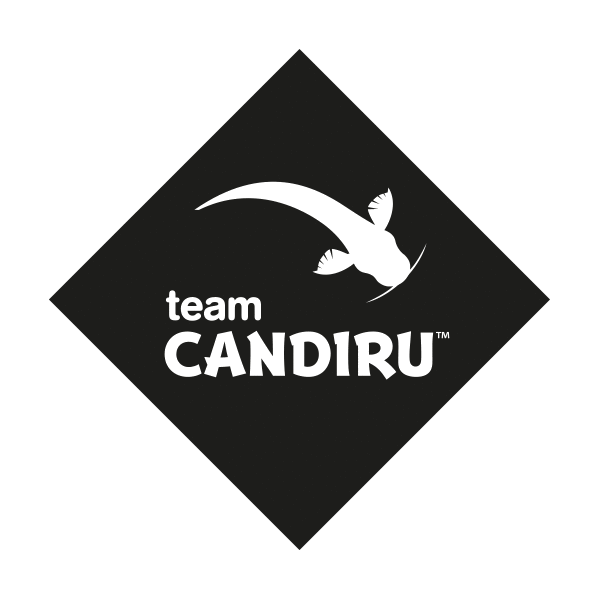Leafcutters
This week I thought I would write about one of my favorite animals. Surprise surprise, it's the ant. Specifically, the leafcutter ant.
While I was in Guadeloupe a few months ago] I spent a great deal of time photographing ants. I intended to write a post talking about them - how amazing they are and how I photographed them - but I got sidetracked. Myself and Richard went to New York with our friend Jamie Brightmore, whose film 'Satlapse' was a finalist for the second international New York City Drone Film Festival. Here it is.
But yeah, back to the ants. A few months ago I wrote about how ants are the mightiest creatures that have ever walked the earth. This is especially true of the leafcutters. Theirs is arguably the most elaborate and complex of all ant societies - their labor is divided between numerous casts, varying in size according to the roles they carry out. A mature colony can contain up to 8 million ants!

Two median workers having a chat.
Unsurprisingly, they get their name from the fact that they cut leaves. They are most often seen ferrying these bits of plant material back to the nests. The interesting thing is that the ants don't actually eat these leaves, but rather use them as a substrate upon which they grow a fungus that they DO eat. This particular variety of fungus is found nowhere else in the entire world.

Carrying a leaf. This was hard to shoot as they move in a real hurry.
How does the fungus get there, you ask? Well, when a queen goes off to start a new colony she brings it with her.
If the fungus dies it's lights out for the colony. However, they have evolved methods of reducing the likelihood of this ever actually happening. In experiments, scientists have given the ants plant material loaded with fungicide, so when the ants bring it back to the nest it kills off the fungus. Somehow this information is communicated throughout the entire colony, and they will not take that same food source again for several weeks. In fact, they will avoid anything similar to it as well.

Trophallaxis.
I wanted to photograph them cutting leaves; however, I never did manage to find where they were doing this. I would follow trails of ants through woods for ages only to see them disappearing up a tree, or coming to a crossroads where I would get mixed up with other trails, made by other colonies. This did provide me with some pretty cool behaviour to shoot, though.

Dispatching an intruder.
When different colonies encounter each other they can be pretty aggressive. They do, after all, have to defend their resources in a very competitive environment!

One for the road a minor worker investigating some sugary substance on a branch.
They were quite tricky to shoot, as they were always on the move. However, like all ants, if you managed to get them when they were distracted by something else, like chatting to a friend, attacking an enemy or investigating a resource they would just ignore you and get on with what they were doing, giving you ample time to lie down and get your camera trained on them.
What's new with Team Candiru?
Right now we are in the middle of a major crowd funding campaign. We are trying to raise some money to make a film about lemur conservation in Madagascar. Here is our campaign video:
Lemurs are the most threatened group of primates on the planet. Some 91% of all lemur taxa are are now classified as Endangered or Critically Endangered. We are running out of time to save them.
Thankfully, there is hope. One of the organisations dedicated to their protection is the AEECL, the European Association for the Study and Conservation of Lemurs. They are implementing conservation strategies for some critically endangered lemurs that are based on improving the livelihoods of the people living around the forest fragments in which the lemurs make their home. They do this by building schools, subsidising teachers' salaries and offering real solutions to harmful practices like charcoal production and hunting lemurs for their meat.
Please do have a look at our campaign video and share it with your friends!









